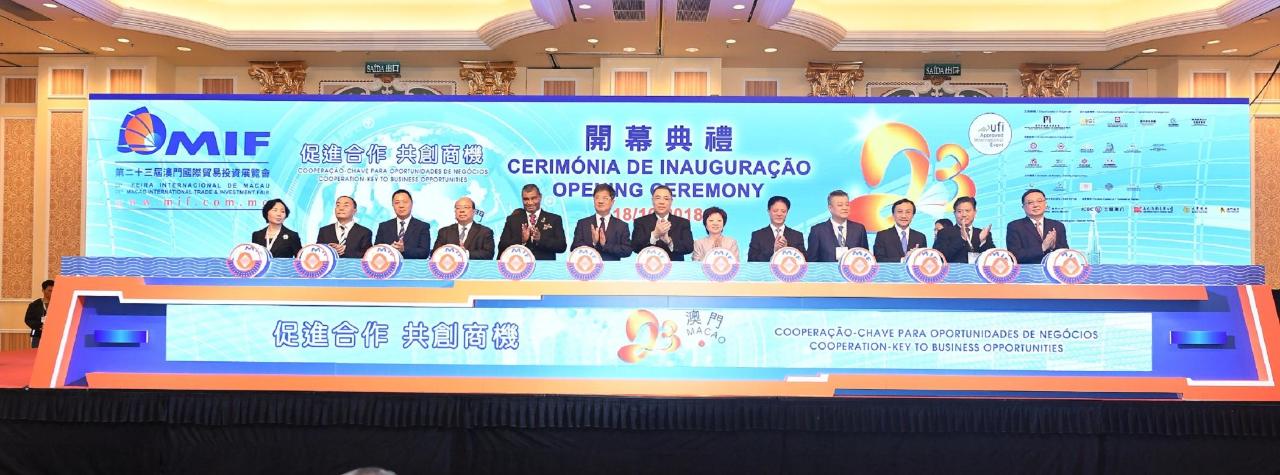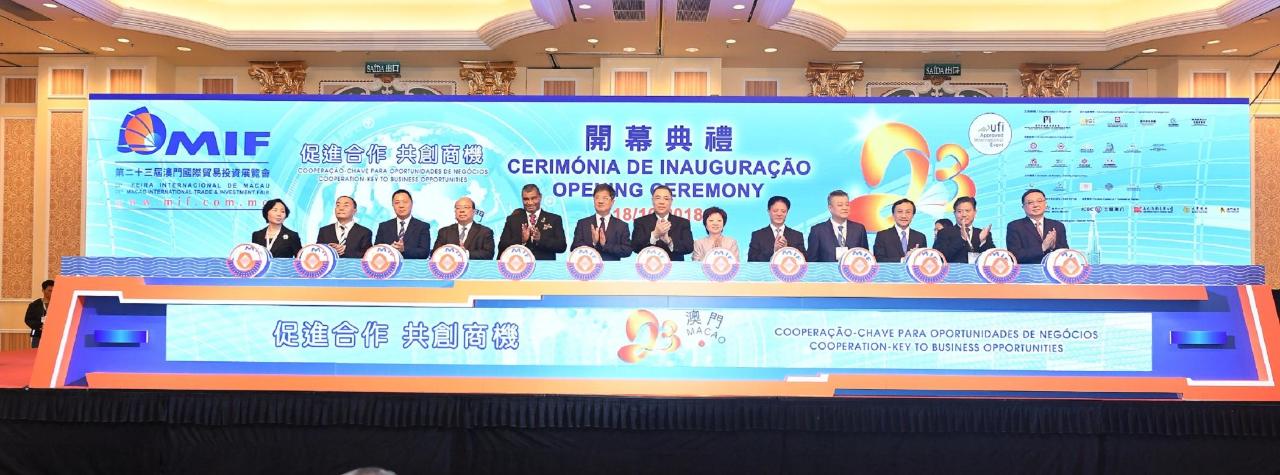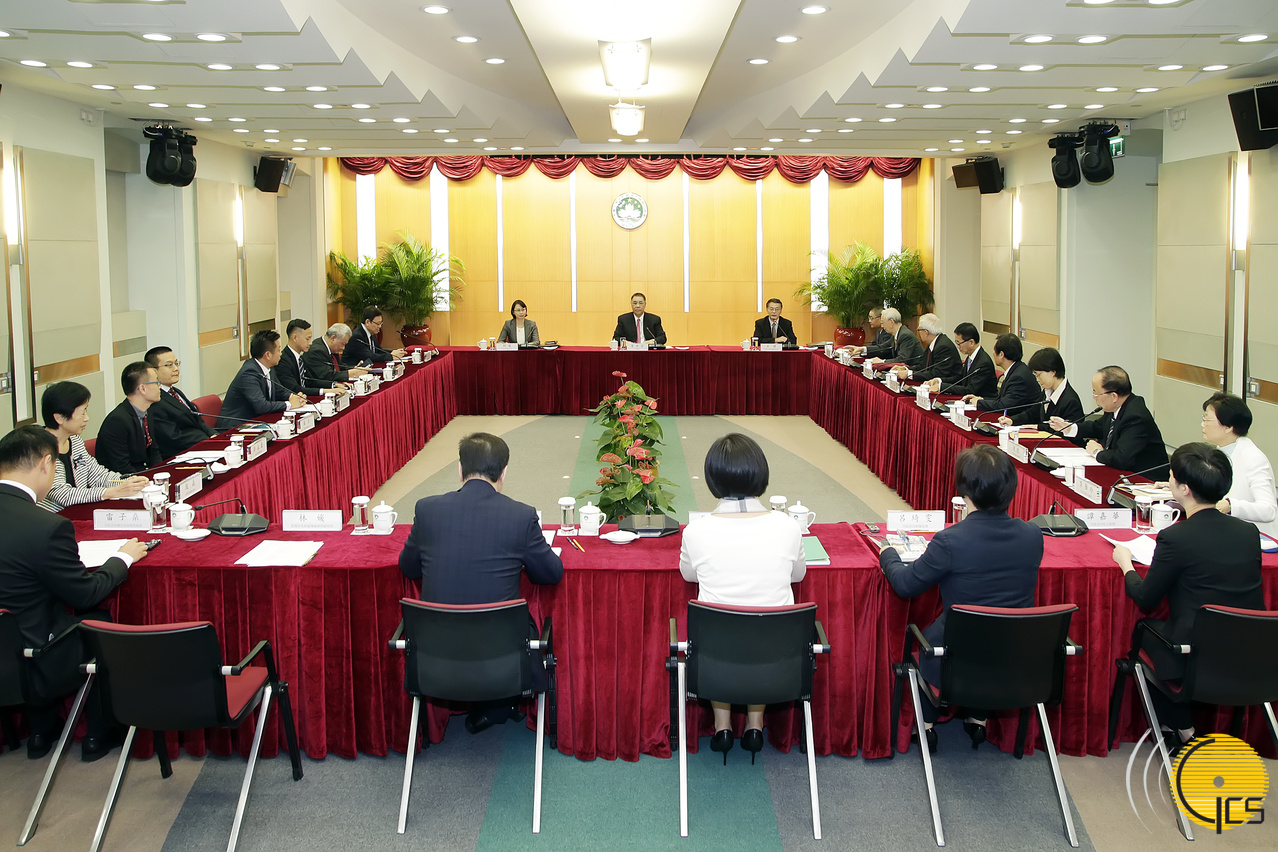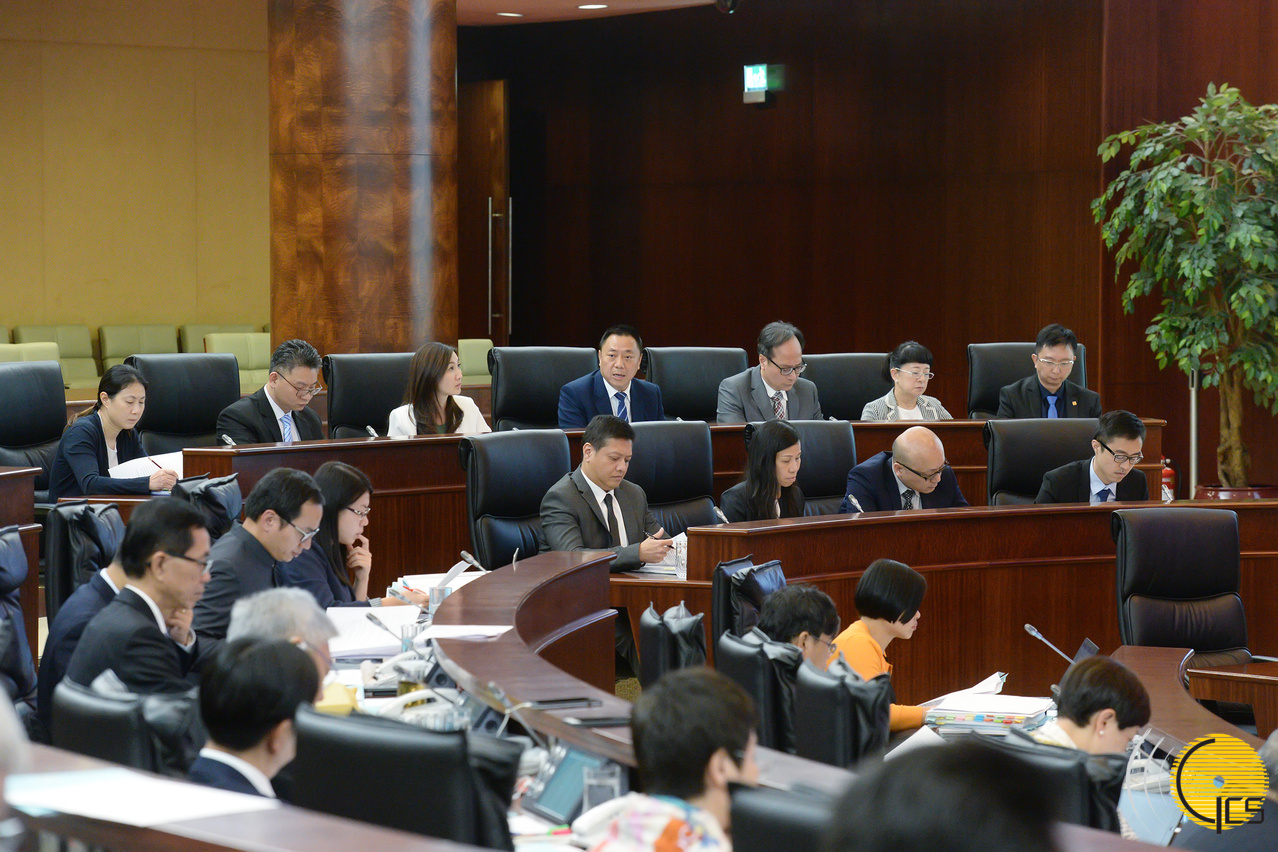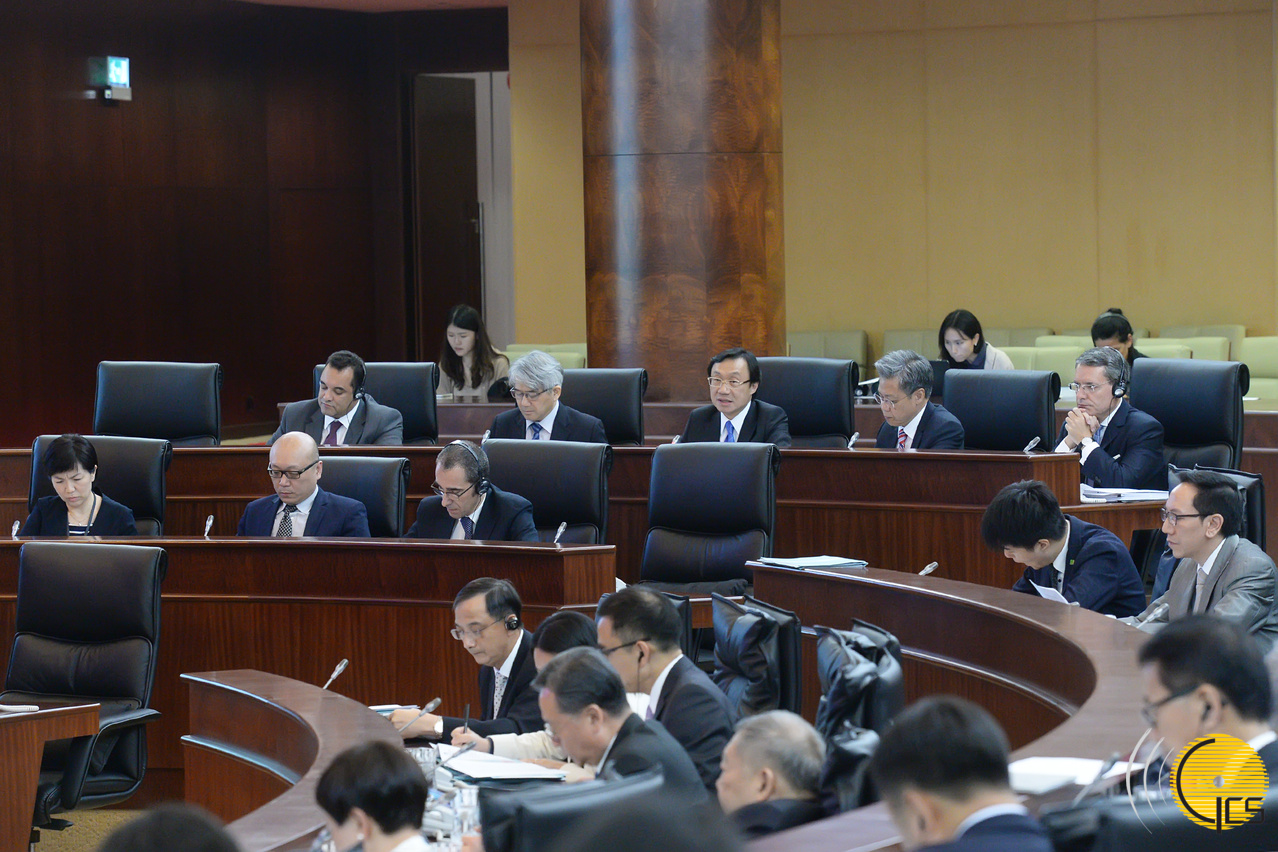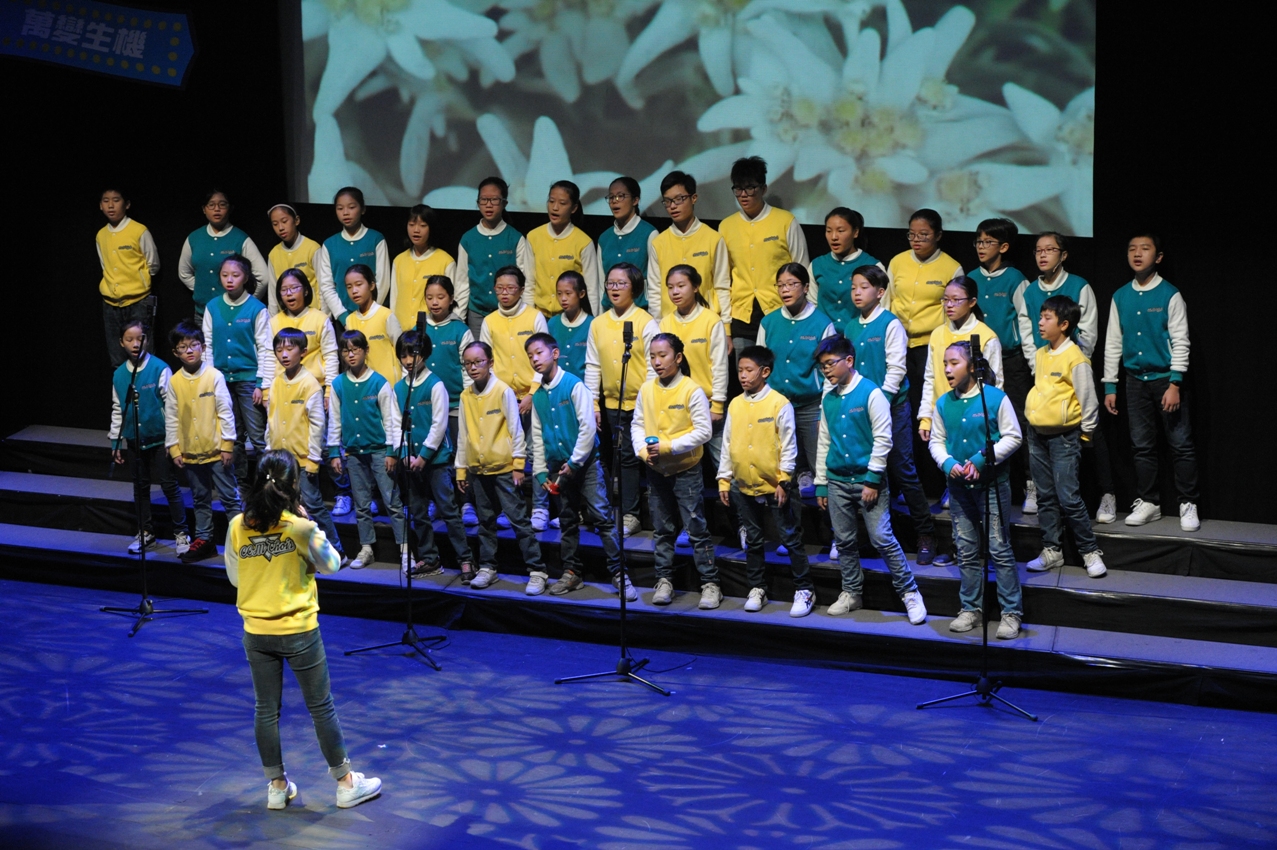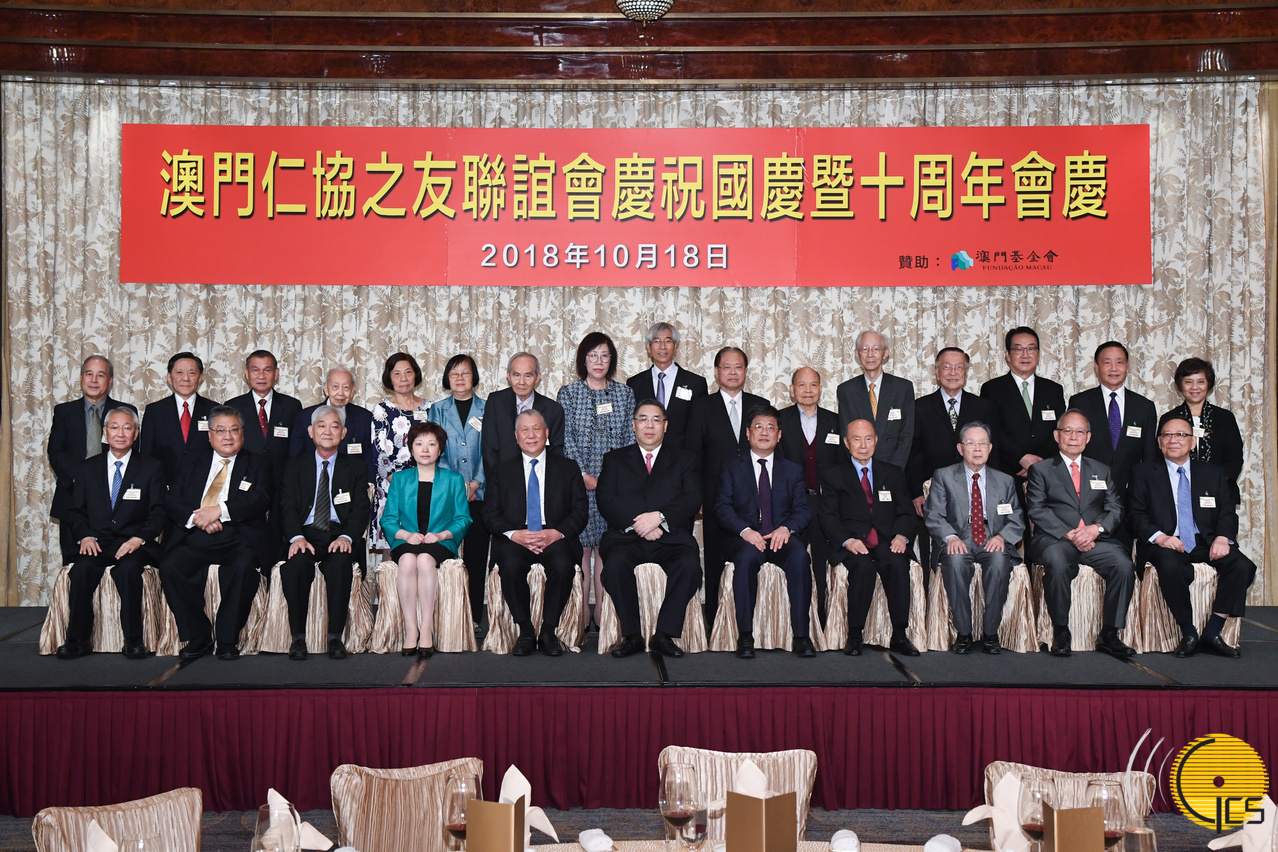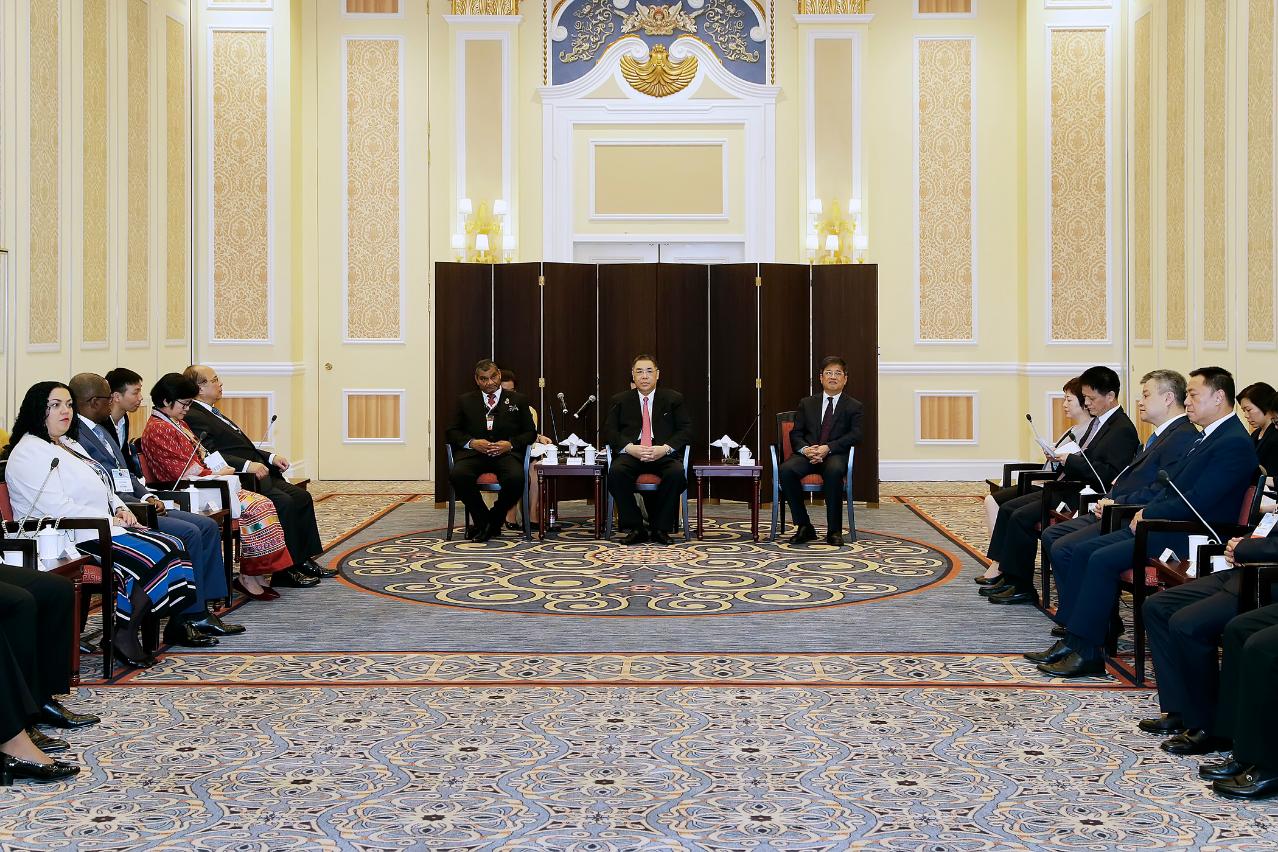Macao SAR Government Portal
News
“Exhibition of New Works in MAM Collection” features works by Che Ho
The “Exhibition of New Works in MAM Collection”, organized by the Macao Art Museum (MAM) of the Cultural Affairs Bureau, currently exhibits 8 vertical scrolls depicting flowers by Zhao Mingshan, one of the most representative painters of the Lingnan School in Macao. The exhibition will feature 9 works by renowned local painter and calligrapher Che Ho from 26 October, at 4pm.
…
Consumer Council released its latest ‘Supermarket price survey’ on Sé Parish
Consumer Council conducted its latest ‘Supermarket price survey’ on 18 October for the implementation of Section 2b), Article 10, Law 4/95/M of 12 June. Surveyed locations included 13 supermarkets in Sé Parish.
…
The 23 rd MIF and 2018 PLPEX Kicks off — Building a Platform to Explore Business Opportunities
The 23rd Macao International Trade and Investment Fair (23rd MIF) and the 2018 Portuguese-speaking Countries Products and Services Exhibition (Macao) (2018 PLPEX) kicked off today (18 Oct) at the Venetian Macao. Mr Chui Sai On, Chief Executive of the Macao SAR, and other guests were invited to the Opening Ceremony. This year’s exhibition has attracted businesspeople in various fields from all over the world, especially from the countries along the “Belt and Road”, the Pan-Pearl River Delta Region, the Guangdong-Hong Kong-Macao Greater Bay Area, Portuguese-speaking countries and European countries, to jointly explore business opportunities in Macao.
…
The 23 rd MIF and 2018 PLPEX Kicks off — Building a Platform to Explore Business Opportunities
The 23rd Macao International Trade and Investment Fair (23rd MIF) and the 2018 Portuguese-speaking Countries Products and Services Exhibition (Macao) (2018 PLPEX) kicked off today (18 Oct) at the Venetian Macao. Mr Chui Sai On, Chief Executive of the Macao SAR, and other guests were invited to the Opening Ceremony. This year’s exhibition has attracted businesspeople in various fields from all over the world, especially from the countries along the “Belt and Road”, the Pan-Pearl River Delta Region, the Guangdong-Hong Kong-Macao Greater Bay Area, Portuguese-speaking countries and European countries, to jointly explore business opportunities in Macao.
…
ARTwarming Winter at CCM Cosy performances for the whole family
The Macao Cultural Centre, under the auspices of the Cultural Affairs Bureau, is launching its first “ARTwarming Winter”, a string of performances scheduled for December. Specially designed to bring families closer to the performing arts at the beginning of the cold season, this series will enchant and entertain a vast audience with music and theatrical productions.
…
CE: Macao’s bridging role creating opportunities for all involved
Macao is to advance its bridging functions between China and Portuguese-speaking countries, to ensure that all involved benefit from a greater number of development opportunities.
…



